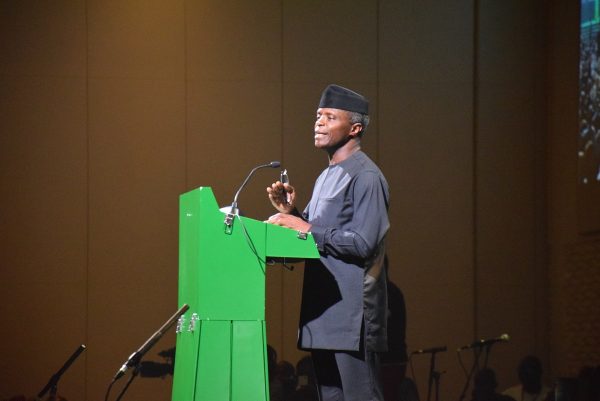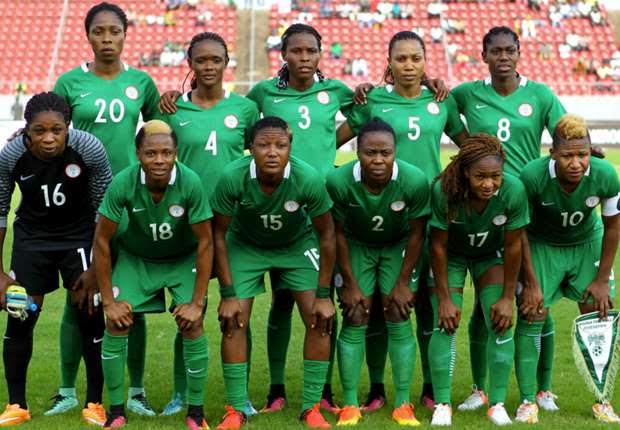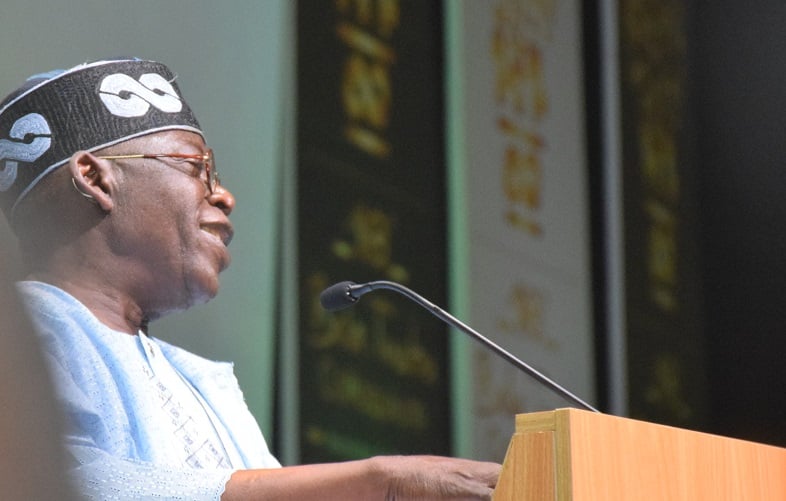Market optimism over the recovery of Africa’s largest economy has increased steadily throughout the first trading quarter of 2018.
The combination of appreciating oil prices, foreign exchange stability and easing inflationary pressure has boosted confidence in Nigeria’s economy. With the nation’s GDP hitting 0.82% in 2017 and predicted to register a positive trajectory amid strengthening domestic demand, the outlook continues to look highly encouraging.
The improving macroeconomic conditions and ongoing efforts to diversify away from oil reliance are likely to attract foreign investors, further fueling economic growth.
It is fair to suggest that Nigeria’s stabilizing fundamentals may encourage the Central Bank of Nigeria to cut interest rates sooner than anticipated. With oil prices appreciating, domestic production improving and foreign exchange reserves rising to $46 billion, most of the ingredients are in place for the CBN to act.
Advertisement
There is a strong suspicion that inflationary pressures need to ease further into the realm of single digits before the central bank loosens its monetary policy. An interest rate cut has the ability to stimulate the current recovery because it encourages consumer borrowing and businesses to increase investments.
While an interest rate cut in April may be slightly premature, the CBN could surprise markets near at the end of Q3 if inflation continues to decline.
Although domestic economic conditions continue to improve, investors must not overlook external risks that may impact Nigeria’s current recovery. Oil price volatility remains a key risk for Nigeria despite the nation’s ongoing efforts to diversifying to other sustainable sources of growth. With oil accounting for roughly 90 percent of exports and 80 percent of public revenues, a sharp depreciation in prices could easily spell trouble for Nigeria.
Advertisement
While WTI crude has followed a positive trajectory in recent months amid expectations of demand increasing and optimism over OPEC’s production cuts, the upside may face headwinds. It must be kept in mind that soaring production from US Shale remains a threat to higher oil prices and is likely to result in a selloff medium to longer term. While Nigeria could continue enjoying the benefits of oil trading around $64, the clock is ticking as oversupply remains a market theme.
In addition to oil prices, attention should also be focused towards the Dollar’s performance and US rate hike expectations. Higher US interest rates have the ability to trigger capital outflows from emerging markets and weaken EM currencies with the Naira falling into the category.
While the Naira may be slightly bruised by capital flight in the event of higher US interest rates, Nigeria’s rising foreign exchange reserves and rising oil prices could cushion the impact.
The Naira witnessed stability against the Dollar in March with prices trading around N360 on the parallel markets and N304 on the official market. While the local currency’s appreciation may be attributed to intervention by the CBN, the improving sentiment towards Nigeria has also played a leading role.
Advertisement
The ongoing trade drama between the United States and China is unlikely to have a direct impact on Nigeria’s economy. Indirectly, the uncertainty and anxiety over a potential global trade war could spark risk aversion consequently impacting emerging markets like Nigeria. A scenario where foreign investors remain guarded and maintain a safe distance from risk, could weigh on Nigeria in the recovery stages.
As we enter the second quarter of 2018, much focus will be directed towards domestic monetary policy, inflation and external risks that could impact Nigeria’s positive momentum. Easing inflationary pressures remain one of the most encouraging aspects for Nigeria as consumer prices hit $14.33 in February. Not only will falling inflation boost the rate of return for savers and increase disposable income in Nigeria, it creates an opportunity for the CBN to cut interest rates- ultimately stimulating economic growth.
Add a comment







